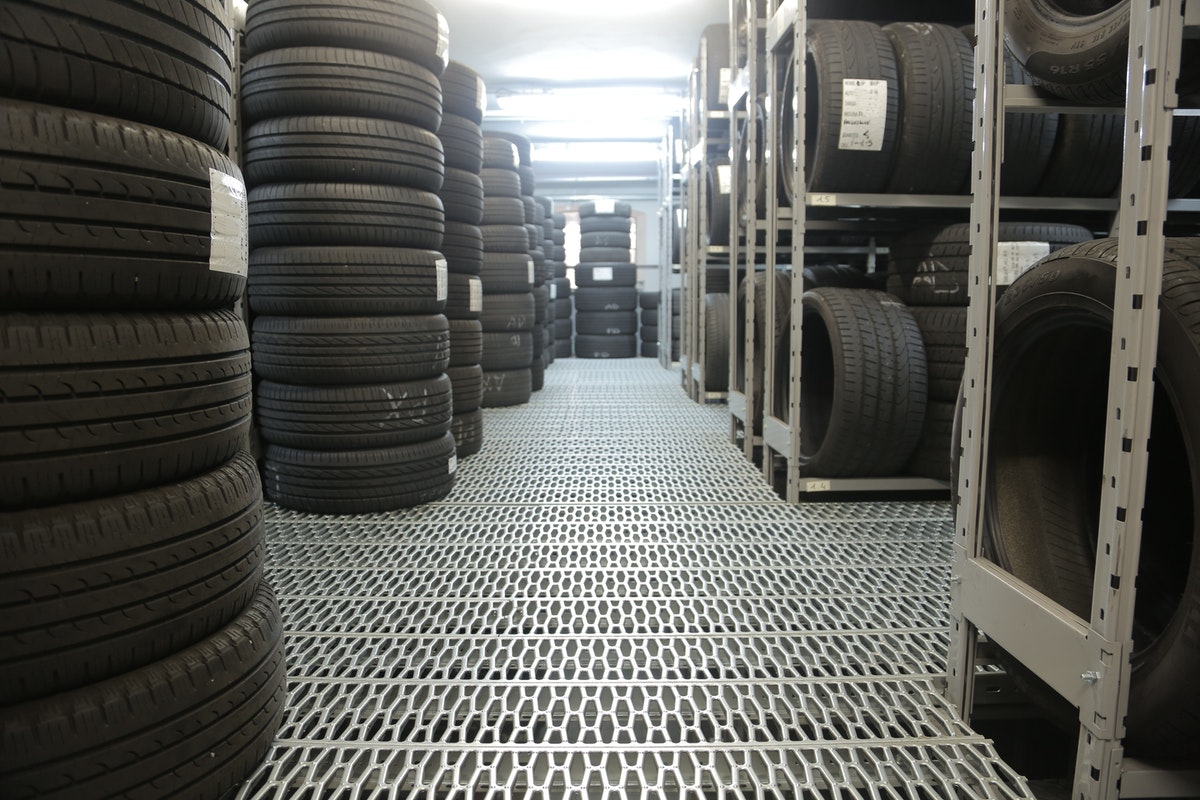£50m invested in businesses as regional funds on net zero
The British Business Bank’s regional funds – the Northern Powerhouse Investment Fund (NPIF) and the Midlands Engine Investment Fund (MEIF) – have enabled more than £50m of investment into low carbon activities. The investment has been injected into small businesses across the North of England and the Midlands to reduce their carbon footprint and help develop innovative solutions to tackling the climate emergency and reaching the 2050 target of net zero emissions.
Since launch both the NPIF and MEIF have been involved in supporting 45 businesses across the regions to drive the UK’s net zero and wider sustainability agenda forward.
The Sixth Carbon Budget published by the Climate Change Committee in December last year, highlighted the need for better funding and investment to drive the green revolution. The UK Government has agreed a revised target of reducing national emissions by 78 per cent by 2035.
Several Northern and Midland localities and sub-regions have set more ambitious targets to reaching net zero within the next decade following the new target.
NPIF have been involved in several low carbon investment opportunities in the region:
- A £750,000 investment from NPIF and Maven Equity Finance into Lancashire-based manufacturer of innovative connected electrical solutions Extreme Low Energy Ltd (ELe®). The company’s patented DC power infrastructure works on various ultra-low power devices, with the micro-grid systems typically running on 50 – 70 per cent less energy than existing AC alternatives. ELe have used the NPIF funding to pioneer a new Eco Off-Grid Leisure Kit to meet the surge in demand for staycations, leading to a 220 per cent jump in revenue in 2020 and has increased its headcount by a third.
- Cheshire-based tyre pressuring monitoring systems firm ToughTech has received a £100K investment from NPIF, BFS & MSIF Microfinance, managed by GC Business Finance and MSIF. One of the many benefits of the firm’s technology is that it not only extends tyre life, but also improves fuel efficiency and increases safety with constant monitoring. Since securing the investment, which was used to develop its technology further, the firm has continued to grow rapidly and now has clients based across Europe, Africa, Australia and America.
- Tribosonics, a Sheffield company whose smart sensing technology helps industries to reduce costs and carbon emissions, has raised £1.1m from NPIF and Mercia Equity Finance. The firm’s technology can be used in manufacturing, power generation and transport – for example to create smart factories, or in critical parts such as the bolts on wind turbines. The investment from NPIF is being used to expand the team with 11 new hires since September 2020, in addition to further investment into product development.
Catherine Lewis La Torre, chief executive officer at British Business Bank, said:
“The low carbon and renewable energy economy is a priority for the Bank’s regional funds as we continue with our efforts to support businesses across the North and Midlands to build back better. The economic benefits are clear, with companies in the space making significant contributions to the UK’s GVA and employment rates.
“From supporting innovation and business growth, to expanding geographically or recruiting new people, NPIF and MEIF are here to support low carbon businesses that are taking the UK one step closer to achieving its goals around net zero.”
Roger Marsh OBE DL, chair, Leeds City Region Enterprise Partnership, NP11 & the NPIF Strategic Oversight Board, said:
“The North and Midlands are playing a leading role as the UK tackles climate change. With support from NPIF and MEIF, we can harness the innovation and pioneering spirit that powered the Industrial Revolution and build a net zero carbon economy.
“From developing more efficient ways to use resources, to generating clean energy, to innovations that could transform the way we live and work, our regions’ businesses have enormous potential. The low carbon and renewable sector has the opportunity to create thousands of good jobs and revitalise our economies.”
